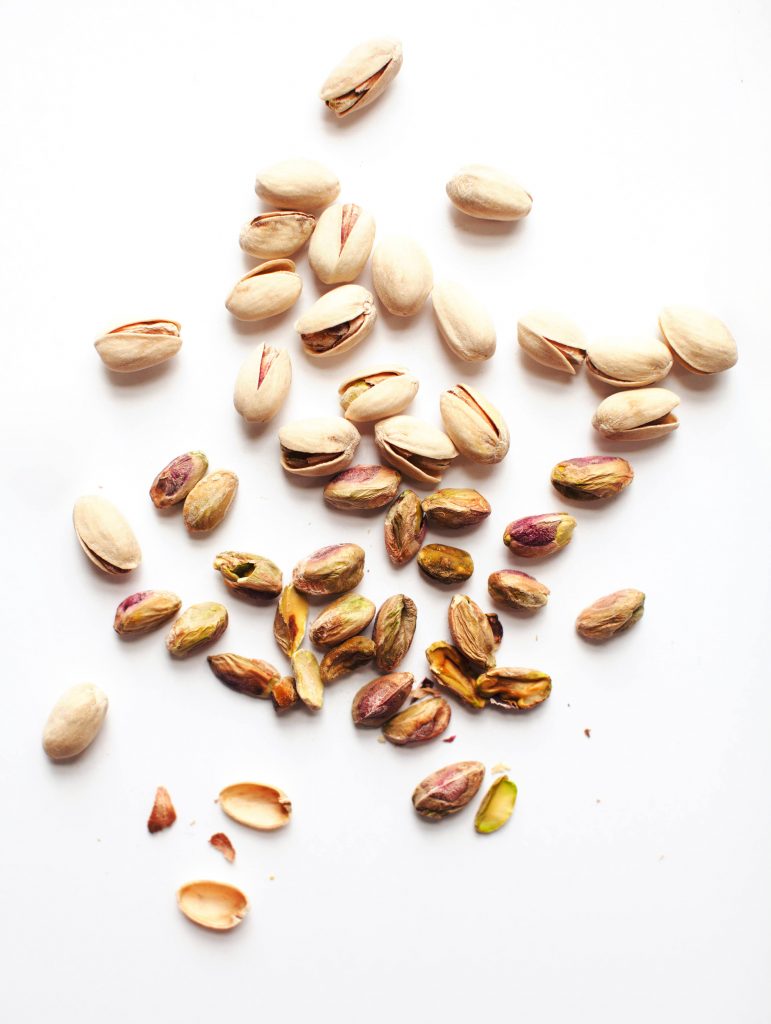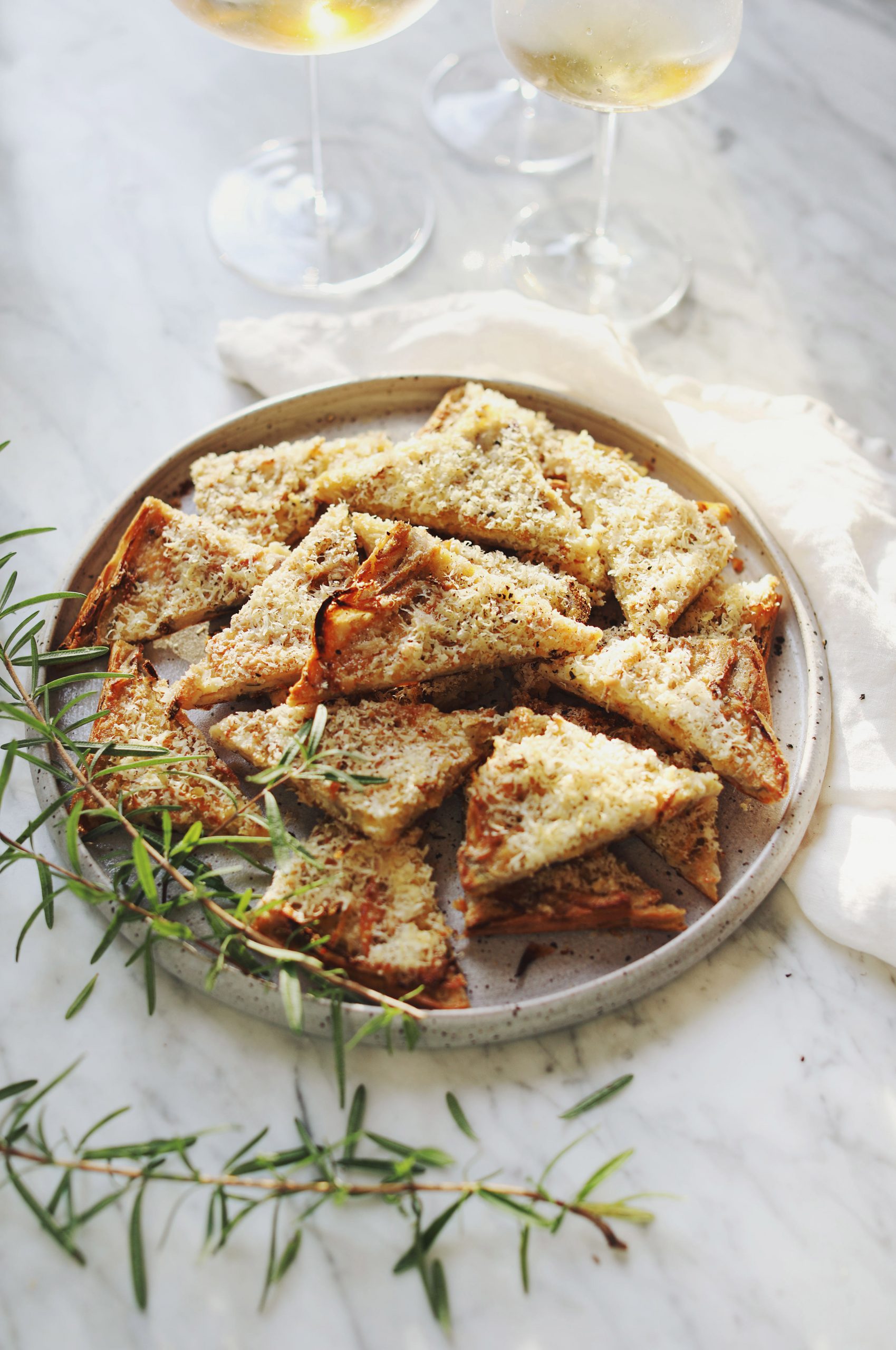Pistachios are small, sweet, mild nuts that are incredibly addictive! Native to the Middle East and Mediterranean, they are also grown in California, so source the ones that grow closest to you.
- Pistachios are made up of approximately 15-20% protein and 50-70% monounsaturated fat.
- They also contain fiber, calcium, iron, potassium, magnesium, phosphorus, and zinc in notable amounts!

About Nuts
Nuts are concentrated, high-energy foods that are always good to have on hand in your pantry. Nuts are typically great sources of vitamin E and plant-based essential fatty acids.
Nuts are healthiest consumed after they have been soaked for some hours to improve their digestibility and increase their nutritional value. Raw, unsprouted nuts are difficult to digest.
Buying
Often sold in their shell (which becomes a pretty mediative practice to open each one for a tiny bite!), pistachios are also available pre-shelled, which is convenient if you need a larger amount for a recipe. You’ll pay almost double for them this way, but it may be worth it if your ingredient list calls for a lot!
When purchasing pistachio nuts in their shells, look for blemish-free, ivory-coloured shells that are split open at one end. Avoid pistachios that are cracked beyond their natural opening. Unopened shells—besides being nearly impossible to peel open—are an indicator of immaturity. The kernel, or nutmeat, should be yellow to dark green in colour. The greener the nutmeat, the better the flavour. Red pistachios are coloured to cover blemishes and imperfections in the nut, and although they’re nearly out of the market entirely, they should be avoided.
Storing
Since the shell splits upon ripening to expose the nutmeat, pistachios have a limited shelf life. If keeping the nuts for just a few days, you can place them in airtight glass containers and store in the pantry. For a longer storage period, place them in the refrigerator or freezer. Unshelled nuts may be stored for three months in the refrigerator or up to one year in the freezer.



